Yunnan to fulfill high-quality development, modernization by 2035: Interview
“In pursuing fast and high-quality socio-economic development in Yunnan, our goal is that all poor population in rural Yunnan will be lifted out of poverty by 2020, with a well-off society built. By the year of 2035, Yunnan will have fulfilled the socialist modernization and leapfrog development in an all-round way,” said Chen Hao, Secretary of the CPC Yunnan Provincial Committee on March 6.

Chen made the remark at a plenary meeting of the Yunnan Province delegation to China's on-going 13th National People's Congress (NPC) in Beijing, when answering a question raised by a journalist with Xinhua. The Yunnan plenary meeting was open to press that day, attracting more than 91 journalists with 45 media outlets.
Since 2013, the number of those living below the poverty line has dropped from 8.04 million to 2.79 million in Yunnan, with the poverty incidence brought down from 21.7 percent to 7.5 percent, said Chen. In 2017, Yunnan GDP increased by 9.5 percent, among the fastest-growing provinces in China.
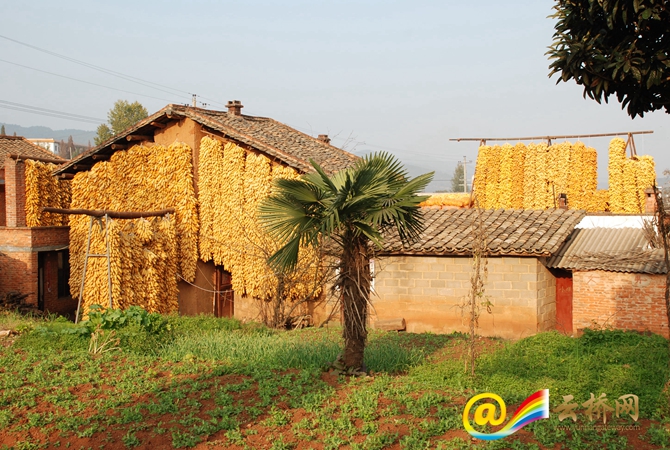
In spite of this, Chen added Yunnan is still one of the most poverty-stricken Chinese provinces, and it is arduous task to get rid of poverty by 2020. The prefectures of Diqing and Nujiang in northwest Yunnan, as well as 27 counties and 3,539 villages across the province, are typical poverty-stricken areas.
To achieve the goal, Chen stressed targeted poverty alleviation, which combines financial aid, literacy improvement, collective resettlement, health-care programs, upgrade of shabby houses, and above all, the cultivation of industries.
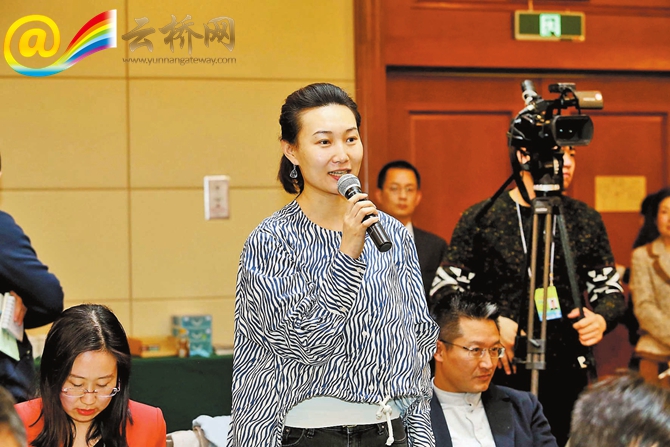
In developing industries of high-quality, Yunnan will strive to develop the world’s first-class ‘clean energy’ and ‘green food’ industries, and aims to be a world-class ‘destination for healthy life’.
“To create world-class clean energy industry, Yunnan should make full use of its rich hydropower and wind power resources and strive to build itself into a strong clean-energy province.” Yunnan Governor Ruan Chengfa said when answering a question raised by a journalist with People’s Daily on the same day.
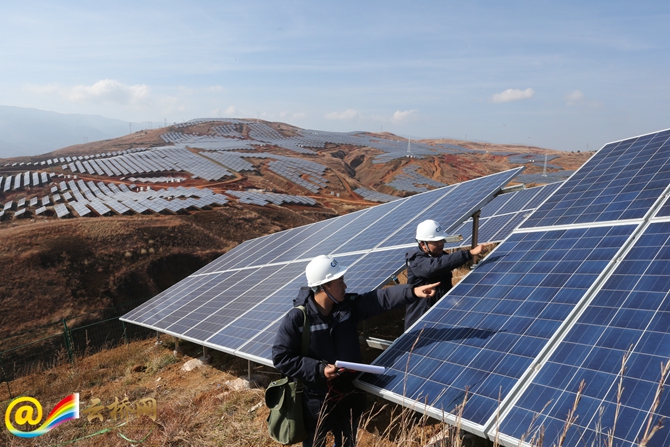
The hydropower installed capacity in the province has reached 60.76 million kilowatts, ranking second among Chinese provinces. Ruan said that based on the hydro capacity, Yunnan has introduced in new energy vehicles, and the province will strive to achieve an annual production capacity of 1,000,000 new-energy vehicles within years.
To have a world-class green food industry, Yunnan will speed up high-quality agricultural development based on its previous efforts in developing Yunnan-featured highland produces, Ruan said. As of now, Yunnan has 21 agricultural products that hold nationally well-known trademarks in China.
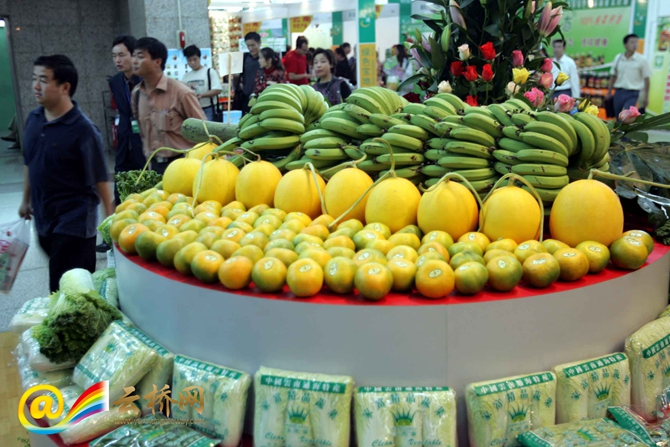
More than 2,000 Yunnan agro-products were accredited as green, sound and organic ones, and all have been granted geographical indications by the Chinese Ministry of Agriculture. Of these, Ruan said, the Yunnan flowers, the Pu'er tea and the pseudo-ginseng enjoy fame home and abroad. In China, around 70 percent of fresh flowers come from Yunnan.
To be a world-class ‘destination for healthy life’, Yunnan will develop a comprehensive health industry that involves medical treatment, research, education and recreation. Based on the smart phone application “E-Travel in Yunnan”, the province will upgrade its tourism and draw in more people to travel, settle and live. “We will make Yunnan folks healthier and invite to Yunnan those who long for a health life,” said Ruan.
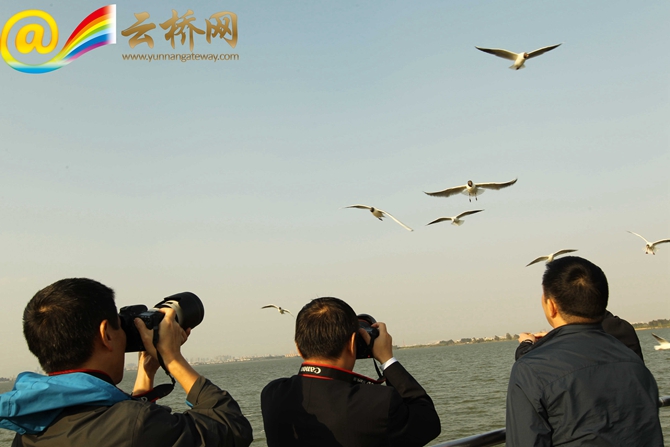
“E-Travel in Yunnan” or “Tour in Yunnan on the Phone” is a mobile based tool that serves as a one-stop-shop where users can access fast, reliable and practical information as well as other services. Powered by Tencent, a leading provider of Internet services in China, the mobile application leverages artificial intelligence and the widespread use of mobile telecommunications to make it a secure, objective and user-friendly app.
Source: Yunnan Daily; Trans-editing by Wang Shixue